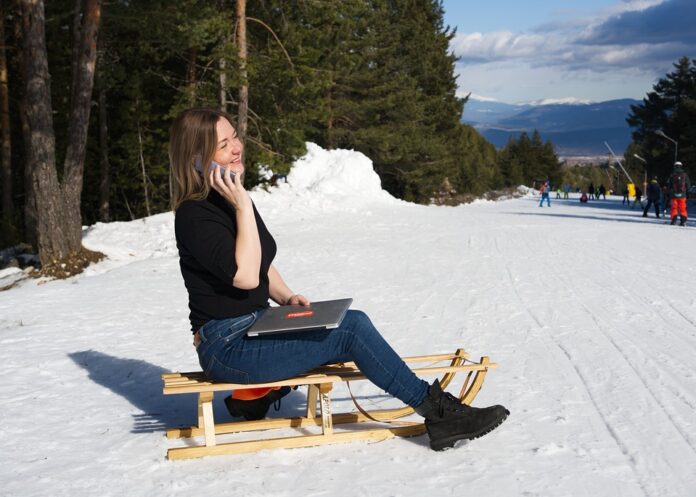Striking a Balance: Managing Work-Life Boundaries While Working Remotely
In today’s fast-paced world, more and more people are opting to work remotely. While the flexibility and convenience of remote work are undeniable, it can also blur the lines between work and personal life, making it difficult to maintain a healthy work-life balance. In this article, we will explore some tips and strategies for effectively managing work-life boundaries while working remotely.
Setting Boundaries
One of the key challenges of working remotely is setting boundaries between work and personal life. Without a physical separation between the two, it can be easy to let work spill over into personal time. To combat this, it’s important to establish clear boundaries for when you are “at work” and when you are “off the clock.” This may include setting specific work hours, creating a designated workspace, and communicating your availability to colleagues and clients.
Creating a Routine
Establishing a daily routine can help you stay organized and productive while working remotely. Try to set consistent work hours, take regular breaks, and prioritize tasks based on their importance. By creating a routine, you can better manage your time and avoid burnout. Additionally, incorporating activities such as exercise, meditation, or hobbies into your daily schedule can help you maintain a healthy work-life balance.
Communicating Effectively
Effective communication is crucial when working remotely, especially when it comes to setting boundaries with colleagues and clients. Be clear and assertive about your availability, response times, and preferred methods of communication. Setting expectations early on can help prevent misunderstandings and ensure that you are able to focus on your work without constant interruptions.
Taking Breaks
It can be tempting to work non-stop when you don’t have a physical office to leave at the end of the day. However, taking regular breaks is essential for maintaining productivity and preventing burnout. Incorporate short breaks throughout your workday to rest your mind and recharge. This could include stepping away from your workspace, going for a walk, or practicing mindfulness exercises. Remember, breaks are not a sign of laziness but a necessary part of staying healthy and productive.
Prioritizing Self-Care
In the hustle and bustle of remote work, it’s easy to neglect self-care. However, prioritizing your physical and mental well-being is essential for maintaining a healthy work-life balance. Make time for activities that nourish your body and soul, such as exercise, meditation, spending time with loved ones, or pursuing hobbies. Remember, taking care of yourself is not selfish but necessary for being able to show up fully in all areas of your life.
In conclusion, managing work-life boundaries while working remotely requires intention, discipline, and self-awareness. By setting clear boundaries, establishing a routine, communicating effectively, taking breaks, and prioritizing self-care, you can create a healthy balance between your professional and personal life. Remember, finding the right balance may take time and experimentation, so be patient with yourself as you navigate the world of remote work.
Frequently Asked Questions:
1. How can I set boundaries with my colleagues while working remotely?
To set boundaries with colleagues while working remotely, clearly communicate your availability, response times, and preferred methods of communication. Let them know when you are “at work” and when you are “off the clock” to avoid interruptions during personal time.
2. What are some tips for incorporating self-care into my remote work routine?
To prioritize self-care while working remotely, schedule time for activities that nourish your body and soul, such as exercise, meditation, spending time with loved ones, or pursuing hobbies. Make self-care a non-negotiable part of your daily routine to maintain a healthy work-life balance.
3. How can I avoid burnout while working remotely?
To prevent burnout while working remotely, take regular breaks, establish a daily routine, and prioritize tasks based on their importance. Incorporate activities that help you recharge and rest your mind, such as stepping away from your workspace, going for a walk, or practicing mindfulness exercises. Remember, your well-being is just as important as your work.

